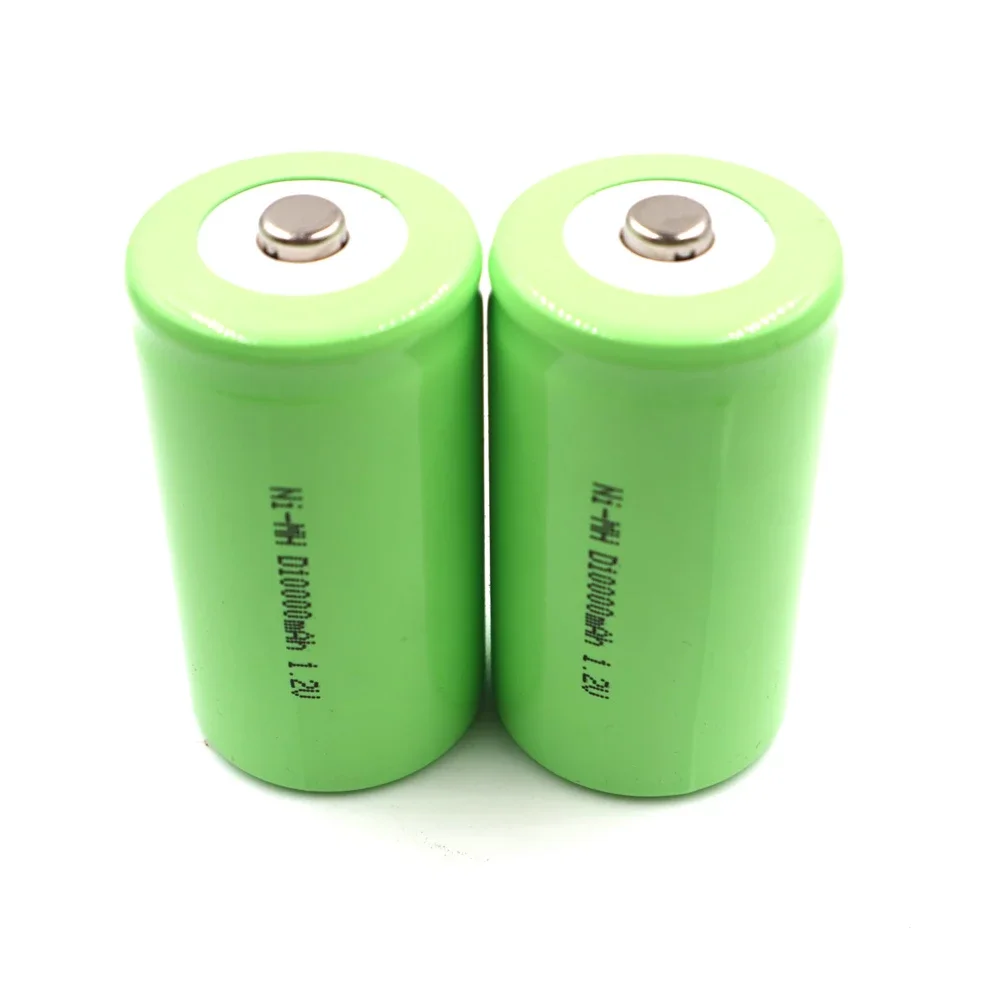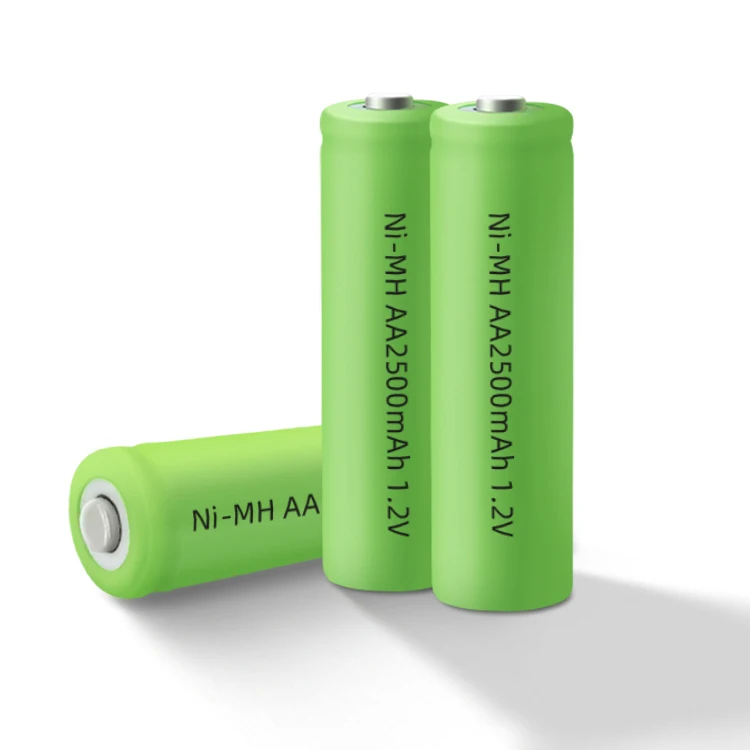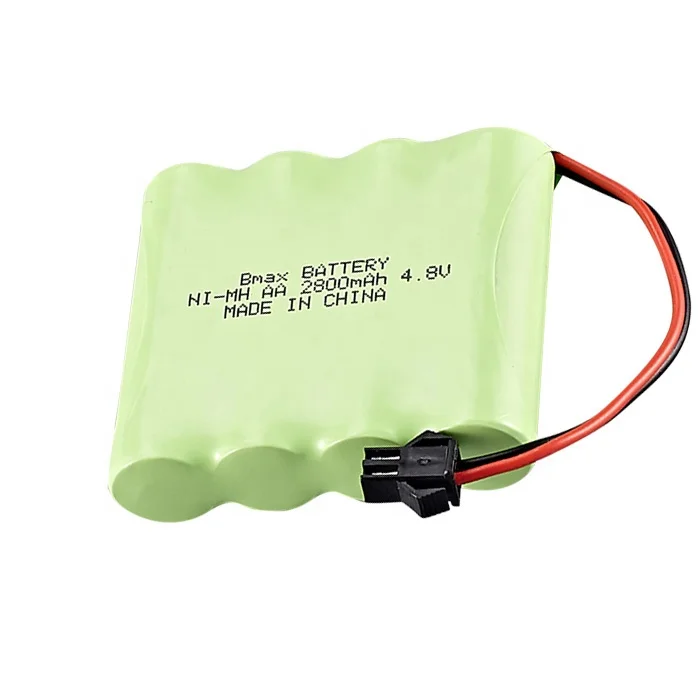Introduction:
In today’s fast-paced world, the demand for quick and convenient charging solutions for rechargeable batteries is ever-growing. Nickel-metal hydride (NiMH) batteries, known for their versatility and wide range of applications, are no exception. However, there has been ongoing debate and speculation regarding the impact of fast charging on NiMH batteries. In this comprehensive guide, we’ll delve into the concept of fast charging, examine its potential effects on NiMH batteries, and provide insights into best practices for safe and efficient charging.
Fast charging, also known as rapid charging or quick charging, is a charging technique that delivers a higher charging current to rechargeable batteries, allowing them to reach full capacity in a shorter amount of time compared to standard charging methods. Fast charging technology has become increasingly popular in recent years, offering convenience and efficiency for users who need to power up their devices quickly.
The key components of fast charging include:
- Higher Charging Current: Fast charging systems deliver a higher charging current to rechargeable batteries, allowing them to charge at a faster rate compared to standard charging methods. This accelerated charging process can significantly reduce the time required to recharge batteries, making it ideal for users with busy lifestyles or urgent charging needs.
- Advanced Charging Algorithms: Fast charging systems often incorporate advanced charging algorithms and control mechanisms to optimize the charging process and ensure safe and efficient charging. These algorithms monitor various parameters such as battery temperature, voltage, and state of charge to adjust the charging current and voltage accordingly, preventing overcharging and overheating.
- Compatibility: Fast charging technology is available in various forms, including proprietary fast charging standards developed by device manufacturers (e.g., Qualcomm Quick Charge, MediaTek Pump Express) and universal standards such as USB Power Delivery (USB PD) and USB-C Power Delivery. These standards ensure compatibility with a wide range of devices and charging accessories, allowing users to enjoy fast charging capabilities across different platforms.
Potential Effects of Fast Charging on NiMH Batteries:
Now, let’s explore the potential effects of fast charging on NiMH batteries and address common concerns and misconceptions:
- Heat Generation: Fast charging can generate more heat compared to standard charging methods due to the higher charging current and increased energy transfer. Excessive heat can accelerate chemical reactions within the battery, leading to electrolyte decomposition, gas evolution, and electrode degradation. However, modern fast charging systems incorporate temperature sensors and thermal management mechanisms to mitigate heat buildup and ensure safe charging.
- Overcharging: Fast charging increases the risk of overcharging NiMH batteries if not properly controlled. Overcharging can cause electrolyte decomposition, gas evolution, and electrode degradation, leading to capacity loss and reduced battery lifespan. However, fast charging systems employ sophisticated charging algorithms and voltage regulation mechanisms to prevent overcharging and ensure optimal charging conditions.
- Battery Lifespan: Some users express concerns that fast charging may shorten the lifespan of NiMH batteries due to the accelerated charging process. While fast charging can induce additional stress on the battery compared to standard charging methods, proper implementation and adherence to charging guidelines can help minimize the impact on battery lifespan. Additionally, factors such as temperature control, voltage regulation, and charge termination play crucial roles in determining battery longevity.
Best Practices for Fast Charging NiMH Batteries:
To maximize the benefits of fast charging while minimizing potential risks, consider the following best practices:
- Use Compatible Chargers: Use chargers specifically designed for NiMH batteries and compatible with fast charging technology. Avoid using chargers intended for other battery chemistries or incompatible charging standards, as they may not provide optimal charging conditions for NiMH batteries.
- Monitor Charging Parameters: Pay attention to charging parameters such as battery temperature, voltage, and state of charge when fast charging NiMH batteries. Ensure that the charging current and voltage remain within safe limits throughout the charging process to prevent overheating and overcharging.
- Avoid Extreme Conditions: Fast charging NiMH batteries at extreme temperatures (e.g., below freezing or above 40°C) can impair battery performance and longevity. Charge NiMH batteries at room temperature or slightly below to minimize stress on the electrodes and electrolyte.
- Follow Manufacturer Recommendations: Consult the manufacturer’s guidelines and recommendations for fast charging NiMH batteries. Follow recommended charging currents, voltage limits, and charging durations to ensure safe and efficient charging.
- Monitor Battery Health: Periodically inspect NiMH batteries for signs of physical damage, leakage, or corrosion. Replace any damaged or defective batteries promptly and avoid using batteries with compromised integrity for fast charging.
Conclusion:
In conclusion, fast charging can offer significant benefits in terms of convenience and efficiency, allowing users to recharge NiMH batteries quickly and get back to using their devices without delay. While there are potential risks associated with fast charging, proper implementation, adherence to charging guidelines, and use of compatible chargers can help mitigate these risks and ensure safe and efficient charging.
Whether powering consumer electronics, power tools, or renewable energy systems, NiMH batteries can benefit from fast charging technology when used responsibly and in accordance with best practices. By understanding the effects of fast charging on NiMH batteries and adopting appropriate charging techniques, users can enjoy the convenience of fast charging while maintaining the health and longevity of their batteries for long-term use.


